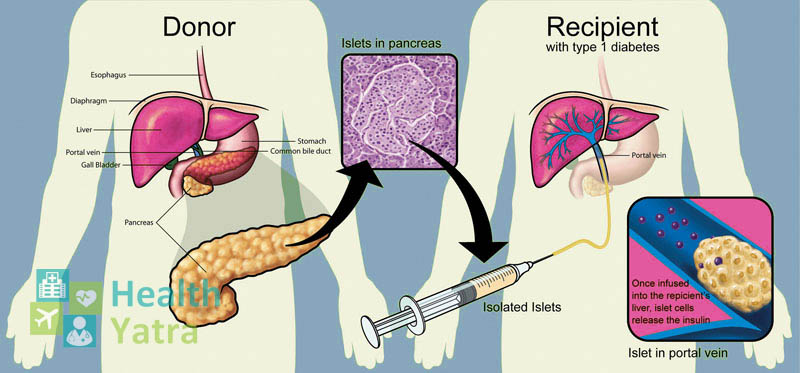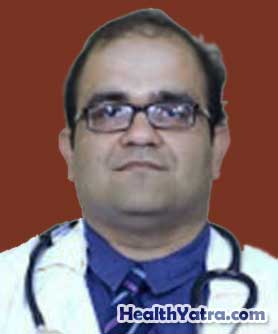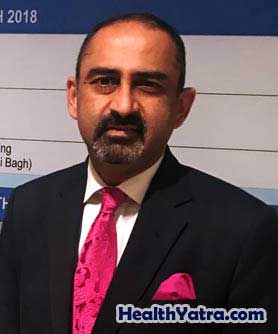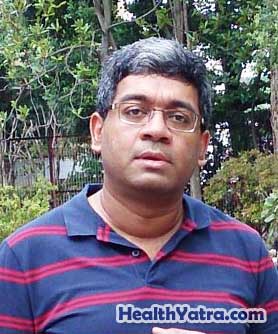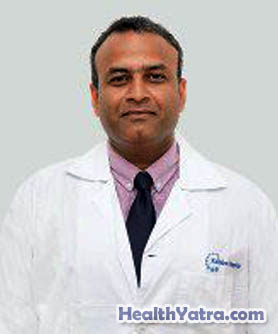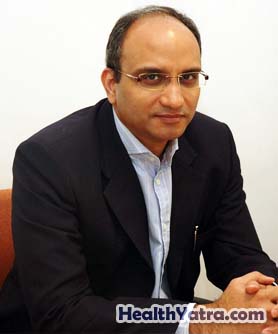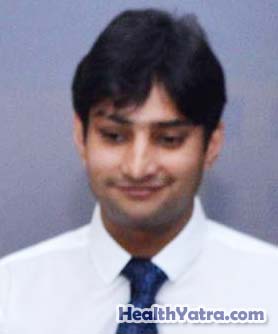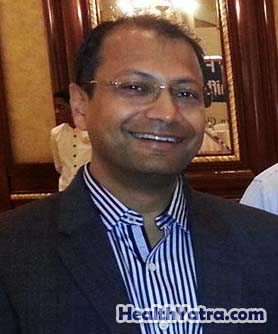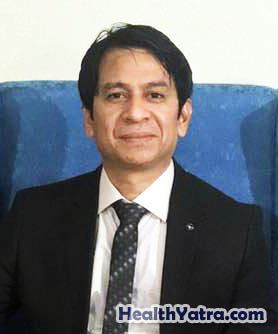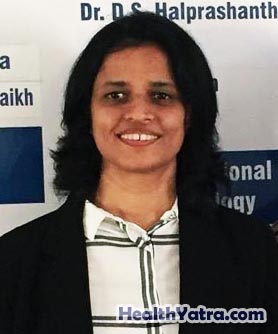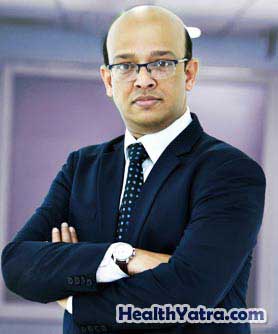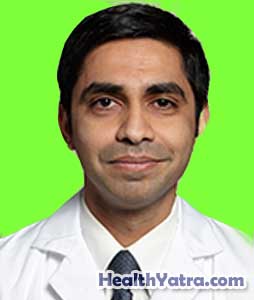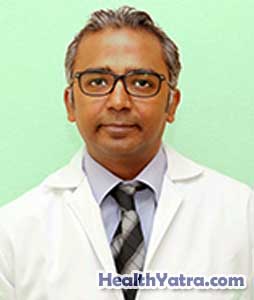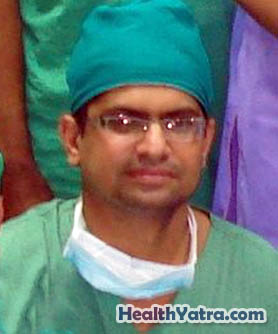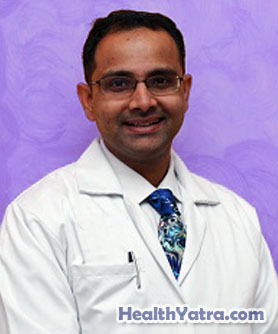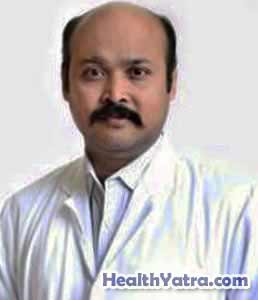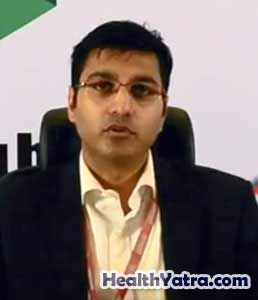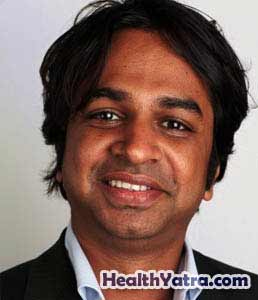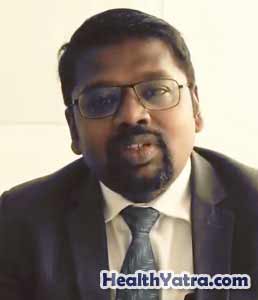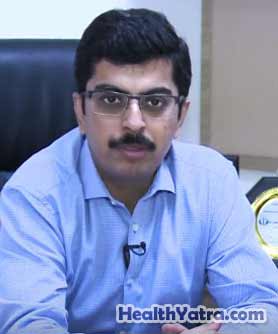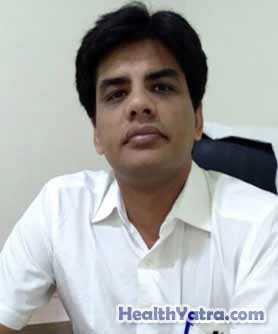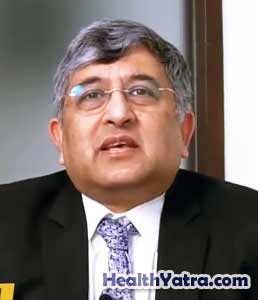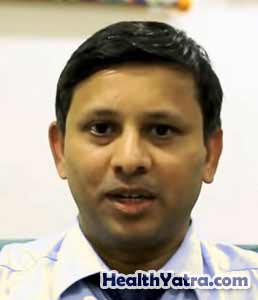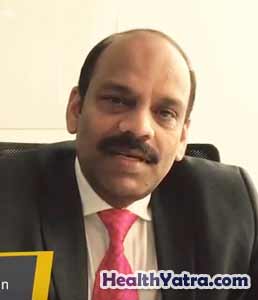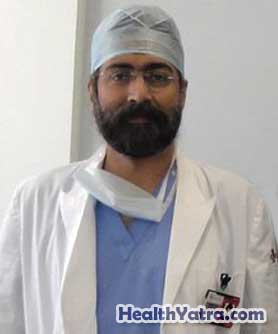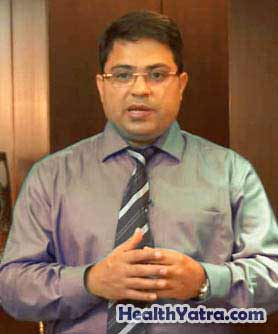The Liver Transplant operation
Here a cadaveric liver is divided into two parts and can be then used for transplanting two patients in need of a liver transplant. Usually the left part of the liver is transplanted into a child and the right part can be used for an adult. Split liver transplantation is a challenging procedure and few in India have the technical skills to complete the procedure safely. Our team at Global Hospital, Chennai has the largest experience of split liver transplantations in the country
Auxiliary Liver Transplantation
This is a special type of liver transplantation where, only a part of the patient’s liver is removed and a partial liver graft is implanted. This operation is especially useful in some patients with acute liver failure where the liver is expected to recover over a period of time. The liver transplant is necessary to tide over this period and give chance for the patients’ own liver to recover and grow. The main advantage of this procedure is that once the patient’s own liver grows back, anti- rejection medication can be slowly stopped for the patient and the transplanted liver gradually degenerates. This gives an opportunity for these patients (especially children) to avoid lifelong anti-rejection medications. This is also indicated in some special metabolic disorders in children. This is again a technically challenging operation and we are the only unit in India with the expertise to do the procedure.
The post-operative period
Liver transplantation is a major operation in a patient who has been unwell for a while. However, most patients tolerate the procedure surprising well and feel a sense of well-being within 2-3 days after the operation. The recipient usually is managed in the ICU for the first 3-4 days. During this period, he/she will have regular blood tests and ultrasound scans to ensure that the liver is recovering well. Once stable, the patient will be transferred to the ward. We encourage the patient to sit up, do deep breathing exercises and slowly start walking in the first few days after transplantation. It is important that the patient cooperates with the medical and nursing team while they put him through the standard course of recovery. The average duration of stay in the hospital after transplantation is about 2-3 weeks. By the time the patient is discharged, he/she is able to eat normally, walk comfortably and will need minimal analgesic medications. During the hospital stay, the patient will also be taught the medications that need to be continued after discharge.
Medications to be continued after Transplantation
The post-transplant patient will be on quite a few medications following the transplant. The most important of these are the “Immune Suppressant” medications which are usually three in number. These medications are of utmost importance to keep the liver functioning well and to prevent the body from rejecting the new liver. The dose of these medications will be changed on a regular basis based on the level of the drug in the body. The number and dose will gradually be reduced over a period of moths and eventually the patient will be on a single drug only. It is important to keep in mind that these are live saving drugs to be taken life long after transplantation. The recipient will be familiarized with these medications before discharge. In addition to medications, additional medications to prevent viral and fungal infections, multivitamins and medications to prevent acidity are also given at the time of discharge.
Going home after a Liver Transplant
Patients are discharged from the ward once they are comfortable, pain-free, walking independently, eating normal diet and able to take medications on their own.

